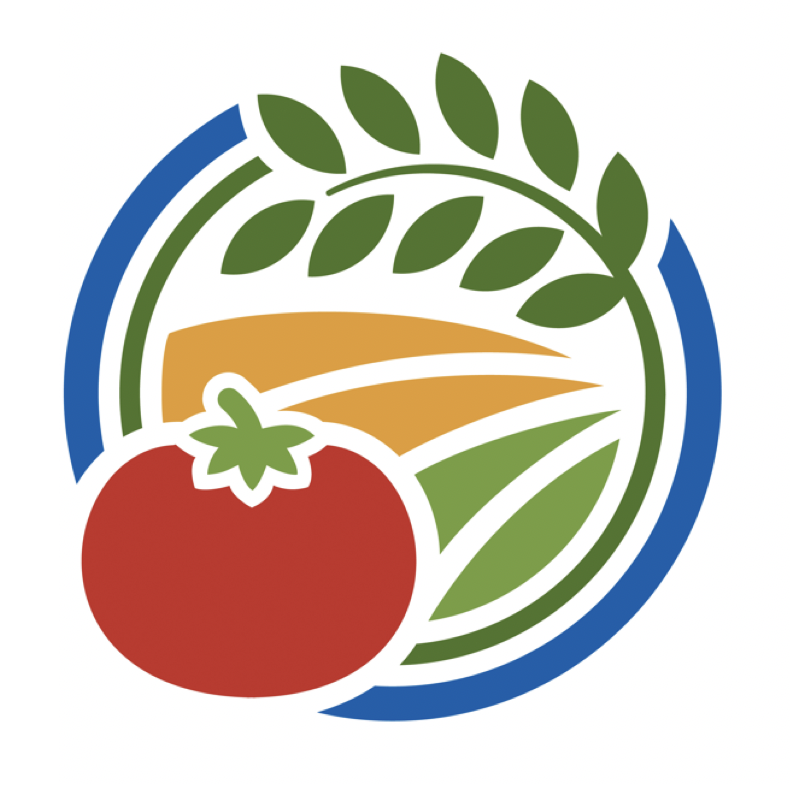County-Level Food System Assessments
We conduct county-level Food System Assessments throughout California in partnership with governmental, public health, social service, environmental, and agricultural experts to serve as a foundation for strengthening regional food systems.
County Food System Assessments Conducted
Kern County Assessment |
Year Conducted: 2016-2017 Project Partners and funders: Kern Food Policy Council, United Way of Kern County, Community Action Partnership Kern, UC Agriculture and Natural Resources, Kaiser Permanente, Kern Family Health Care, The Wonderful Company |
|---|---|
San Luis Obispo County Assessment |
Year conducted: 2013 |
San Diego County assessment |
Year conducted: 2010 |
Yolo/Solano County assessment |
Year conducted: 2011 |
Placer County assessment |
Year conducted: 2001 |
Alameda County assessment |
Year conducted: 2002 |
Stanislaus County assessment |
Year conducted: 2002 |
Other Assessments/Feasibility Studies
A Food Business Incubator in the Sacramento Region: Feasibility Study of Alchemy Kitchen
A feasibility study prepared by a team of undergraduate and graduate UC Davis students, led by Dr. Kiesel, faculty member of the Department of Agricultural and Resource Economics, discusses the potential for success in the development of a food business incubator. The study:
- reviews the related research literature and successful Food Business incubator concepts;
- determines needs and barriers to success of potential users;
- assesses potential cost savings due to synergies and economies of scale in supply chain management, in particular, investigates the potential to reduce food waste;
- explores potential partnerships to support direct distribution channels for small producers within the community (e.g. through Farmers’ markets, Food Co-ops, and Community Supported Agriculture);
- estimates the potential demand and willingness to pay for locally sourced and produced food products within the community;
- identifies potential benefits to the community in terms of job creation, increased revenue and value generation, and access to healthy foods from a local food incubator; and
- discusses cost considerations including possible funding sources and pricing models.
